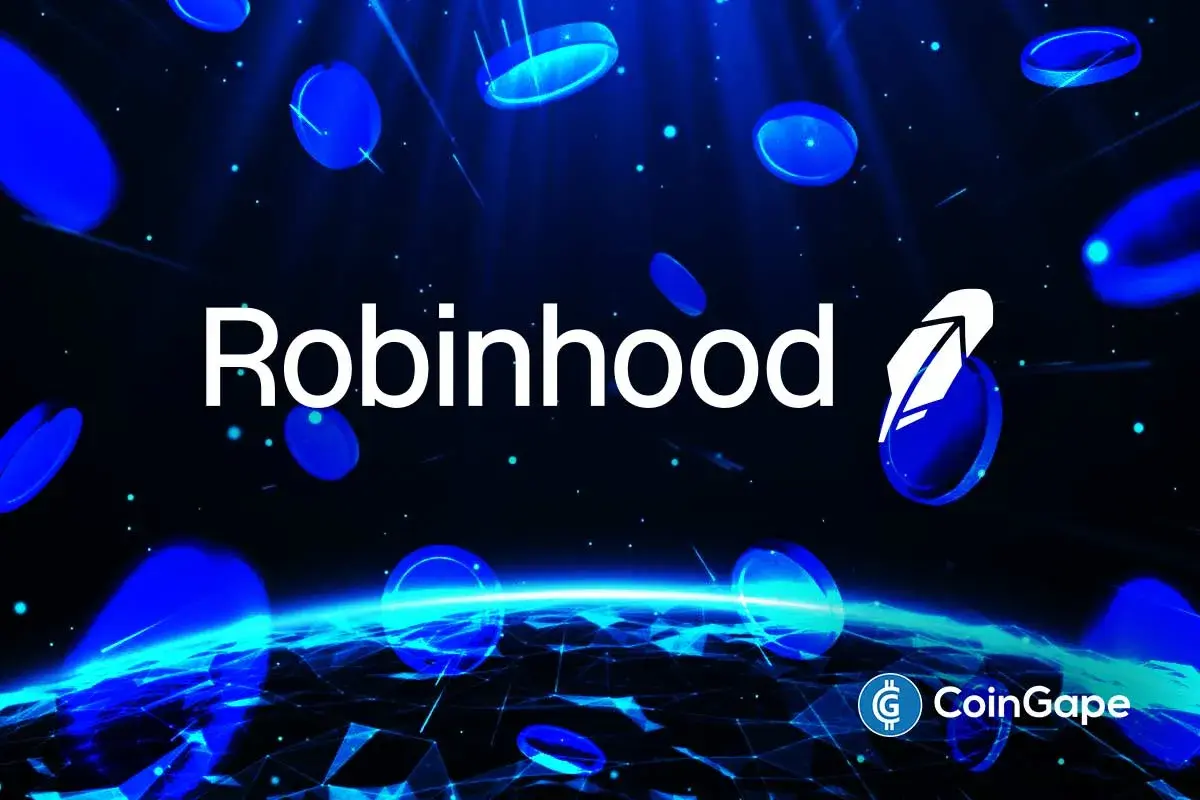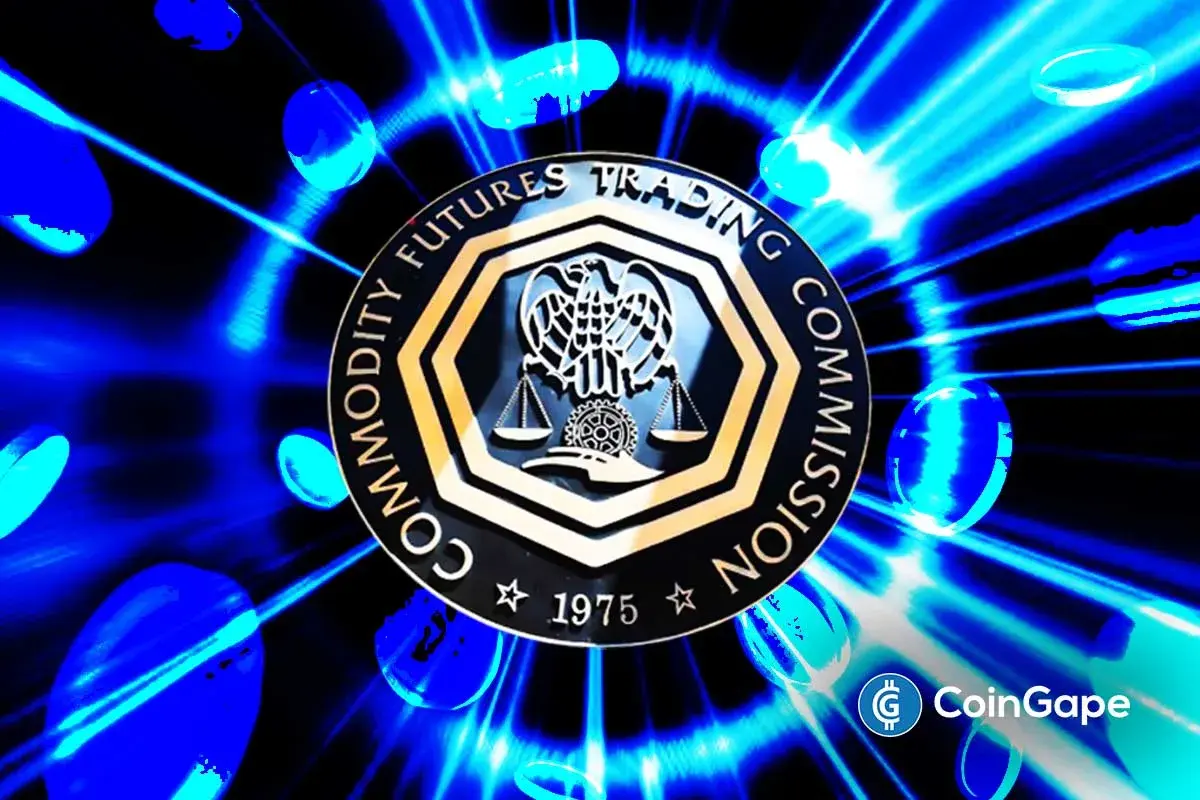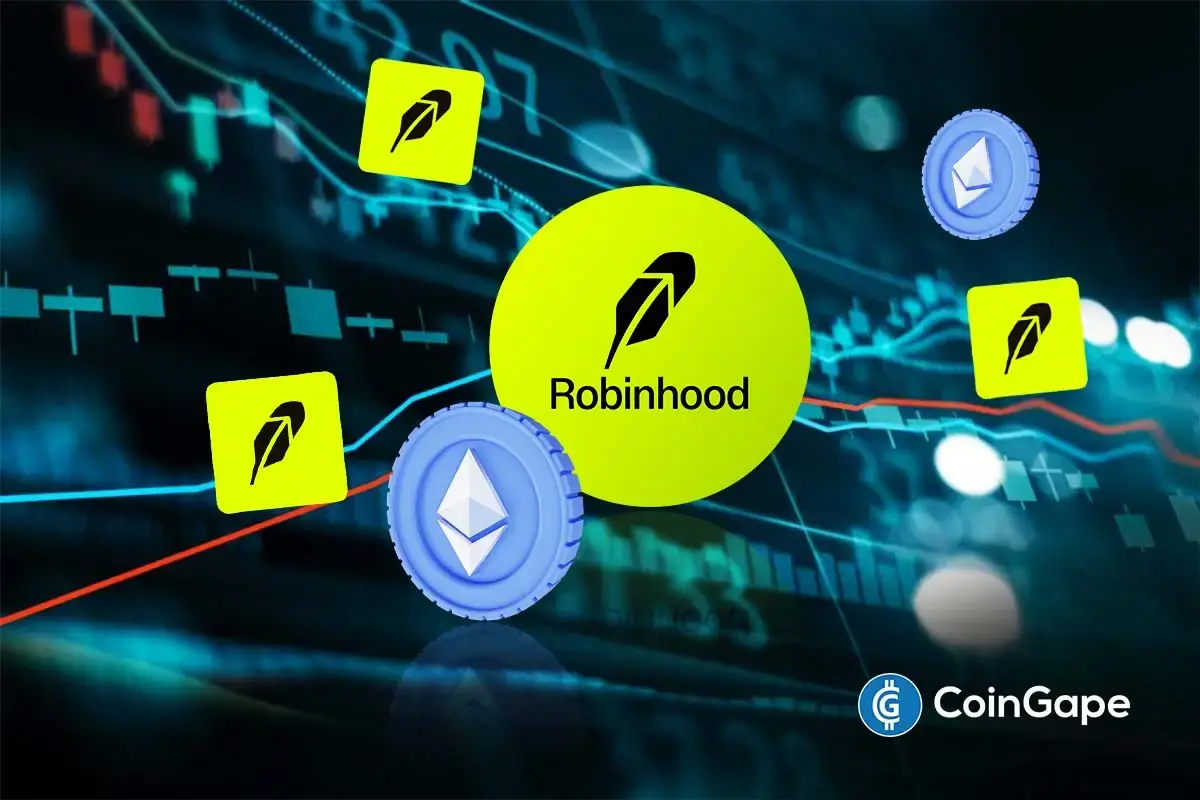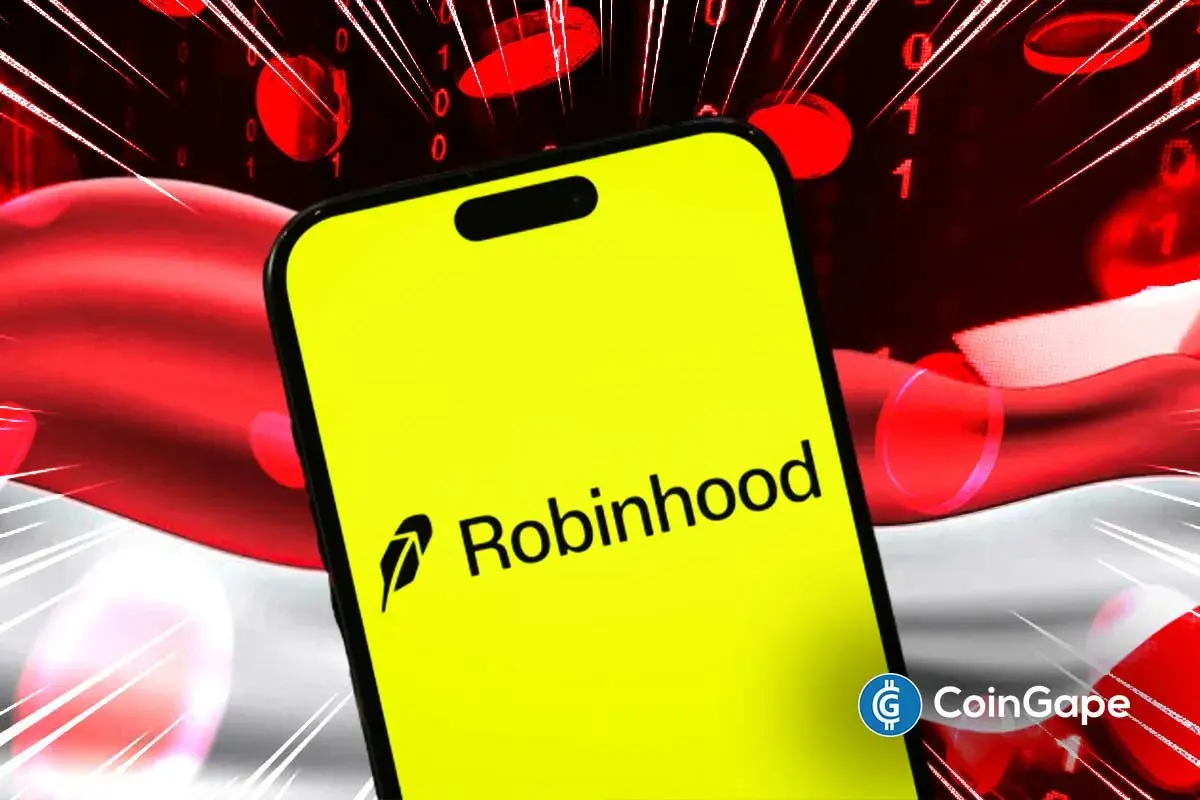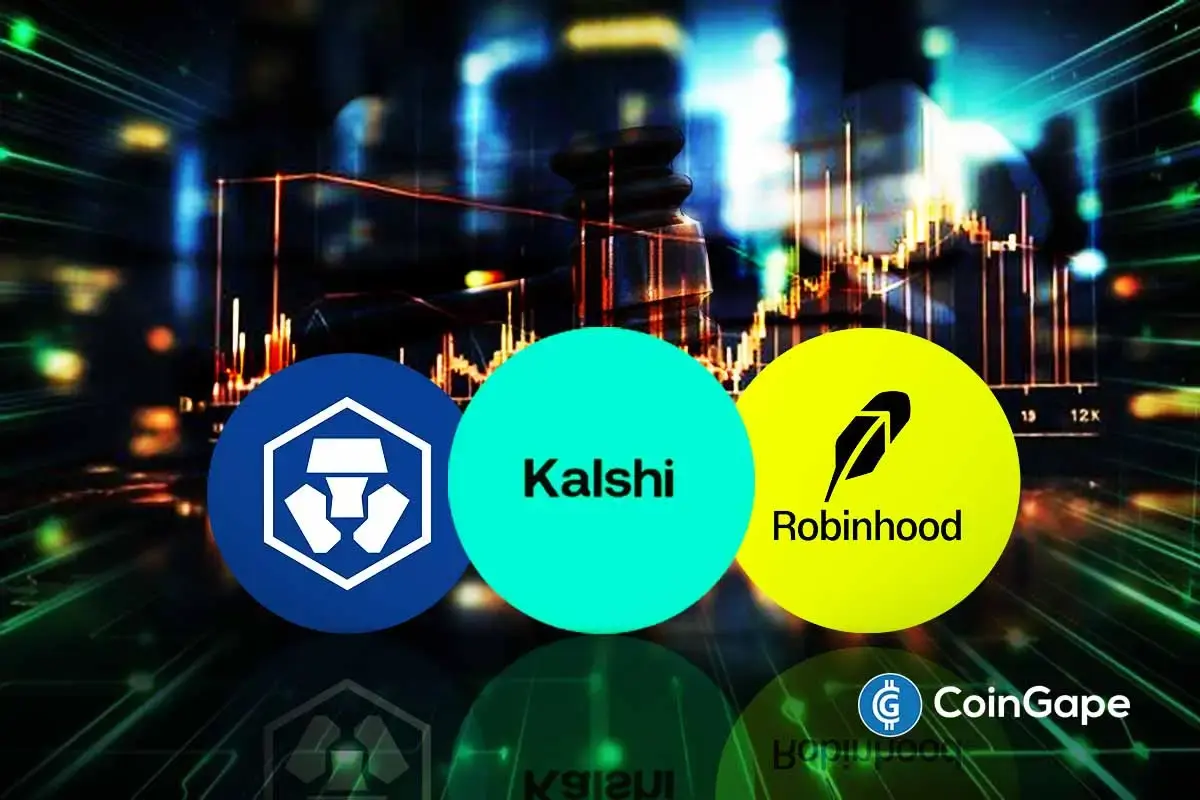Just In: Robinhood Files With SEC Plan to Legalize Tokenized Assets Across the US

Highlights
- Robinhood proposes SEC framework to classify tokenized assets as legal equivalents of real-world securities.
- New Robinhood platform to run on Solana and Base, targeting 30K TPS and sub-10μs trade matching.
- Robinhood’s RWA plan includes Bitstamp acquisition amid $30T tokenization market projections.
Robinhood has filed a 42-page proposal with the U.S. Securities and Exchange Commission (SEC), seeking a federal framework to enable the legal issuance and trading of tokenized real-world assets (RWAs) across the United States. The company’s plan outlines a structural approach aimed at integrating tokenized markets within the existing financial system.
Robinhood Plan to Legalize Tokenized Assets
According to Forbes, Robinhood’s proposal seeks to modernize U.S. securities regulation by establishing token-asset equivalence. This would mean that a digital token representing an asset, such as a government bond or equity, would be treated the same as the asset itself.
Robinhood argues that this model would eliminate the need for duplicate regulatory systems and would allow broker-dealers to trade and custody tokenized assets under existing securities laws. The company aims to streamline trading operations by reducing ambiguity around digital asset classification.
The proposal also requests the creation of a unified national framework to replace the current state-by-state compliance requirements for securities trading. Robinhood believes that consistent federal regulation could help align digital asset practices with traditional market structures and encourage broader institutional participation.
Real World Asset Exchange Platform
The proposal will include Robinhood’s launch of a new trading platform called the Real World Asset Exchange (RRE). On this platform users will be able to store and use tokenized assets such as funds, bonds, commodities and real estate. Offchain matching engines would be used for speeding, while onchain settlement systems would be used for transparency.
In integrating Know Your Customer (KYC) and Anti Money Laundering (AML) protocols the RRE will meet global compliance requirements, according to Robinhood. Through technology partners Jumio and Chainalysis, these tools will be provided.
As per a summary by Franklin Elevator, the platform will operate on the dual chain architecture which is derived from the Solana and Base blockchains. With this structure, the DLT can achieve transaction speeds and low latency of up to 30k transactions per second and sub 10 microseconds trade matching.
SEC Proposal Focuses on Legal Structure
Robinhood is not introducing new blockchain technology with this proposal. Instead, the focus is on creating a regulatory foundation that permits digital tokens to function within the current U.S. financial and legal environment.
Concurrently, Robinhood is also reportedly acquiring Bitstamp, a European crypto exchange, in parallel with its regulatory proposal. Neither company appear to have officially come forward to confirm the deal, but according to industry sources, it could be part of a larger push to bolster its crypto infrastructure, following the purchase of WonderFi.
If accepted by the SEC, the proposal would allow financial institutions to treat tokenized RWAs the same as traditional securities. This could simplify processes around asset settlement, record-keeping, and compliance.
Broader Interest in Tokenization
The move is a timely one amid the greater focus on tokenized assets from digital asset firms and traditional financial institutions alike. On April 30, BlackRock submitted plans to create a blockchain-based share class for its Treasury Trust Fund.
Also in April, Libre announced it would tokenize $500 million in Telegram debt through its Telegram Bond Fund. On May 1, MultiBank Group signed a $3 billion tokenization agreement with MAG, a UAE-based real estate firm, and blockchain developer Mavryk.
Robinhood’s proposal positions the company among a group of firms seeking to build compliant platforms for tokenized assets. However, the SEC has not yet responded to the filing. The agency has maintained a cautious stance on digital assets in previous regulatory actions.
Despite the uncertainty, Robinhood CEO Vlad Tenev remains committed to the approach. He said,
“RWA tokenization represents a new paradigm for institutional asset allocation. Robinhood is committed to leading this trend under a compliant framework.”
- XRP Realized Losses Spike to Highest Level Since 2022, Will Price Rally Again?
- Crypto Market Rises as U.S. and Iran Reach Key Agreement On Nuclear Talks
- Trump Tariffs: U.S. Raises Global Tariff Rate To 15% Following Supreme Court Ruling
- Bitwise CIO Names BTC, ETH, SOL, and LINK as ‘Mount Rushmore’ of Crypto Amid Market Weakness
- Prediction Market News: Kalshi Faces New Lawsuit Amid State Regulatory Crackdown
- Pi Network Price Prediction: How High Can Pi Coin Go?
- Dogecoin Price Prediction Feb 2026: Will DOGE Break $0.20 This month?
- XRP Price Prediction As SBI Introduces Tokenized Bonds With Crypto Rewards
- Ethereum Price Rises After SCOTUS Ruling: Here’s Why a Drop to $1,500 is Possible
- Will Pi Network Price See a Surge After the Mainnet Launch Anniversary?
- Bitcoin and XRP Price Prediction As White House Sets March 1st Deadline to Advance Clarity Act







